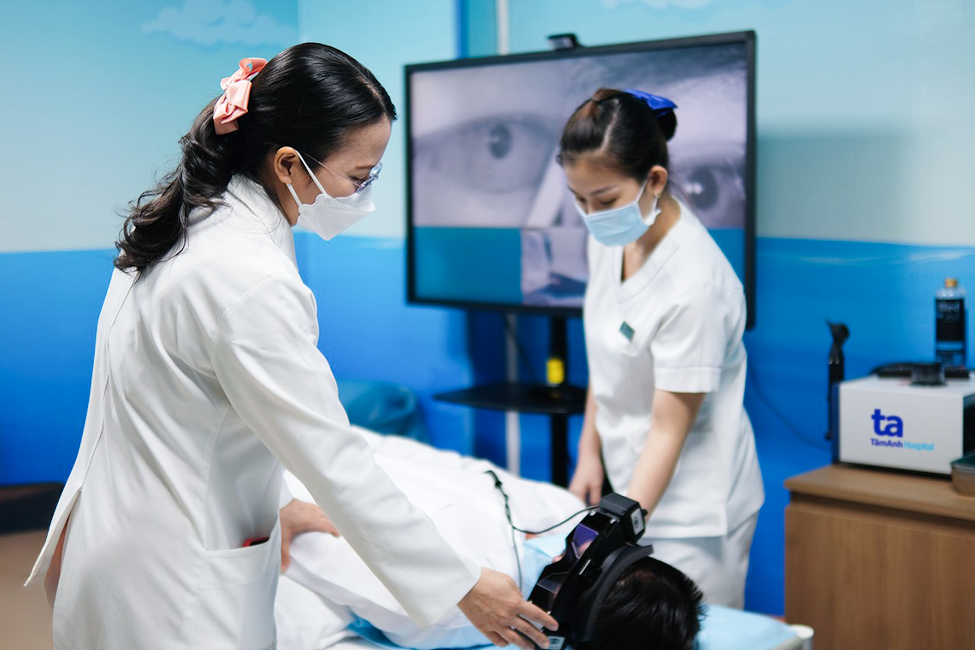Answer:
The vestibular system, a part of the nervous system located behind the cochlea (on both sides of the head), plays a vital role in maintaining the body's balance. Cranial nerve VIII, originating from the pons, travels through the temporal bone and the internal auditory canal, transmitting information that controls the vestibular system.
Vestibular disorders affect balance and stem from issues with cranial nerve VIII, its connections to the inner ear, the pathways from the inner ear to the brain, and the brain's reflexive systems. Symptoms include dizziness, vertigo, a spinning sensation, lightheadedness, and nausea. These disorders are classified as either peripheral or central, with central vestibular disorders being more serious, carrying a higher risk of long-term complications and stroke if not treated promptly.
While these disorders are more common in middle-aged and older adults due to declining sensory and organ function, with more severe symptoms, certain lifestyle factors are increasingly contributing to early onset in younger people. These include prolonged stress, poor diet, lack of sleep, insufficient exercise, anxiety disorders, and injuries.
Stress triggers the release of cortisol, which negatively impacts the transmission of information from the vestibular system to the brain. This can lead to inaccurate information processing and subsequent vestibular dysfunction. While stress doesn't directly cause dizziness, it contributes to dysfunction in the inner ear's balance control system.
Prolonged computer work without physical activity affects blood flow to the brain. Chronic sleep deprivation impacts cranial nerve VIII, disrupting information transmission and potentially causing central vestibular disorders. Ear conditions like labyrinthitis, Meniere's disease (a hearing disorder), displaced otoliths (ear stones), otitis media, and perilymph fistula can also trigger vestibular problems in younger individuals. Depression is another risk factor. Some cases have no identifiable cause.
Diagnosis previously relied heavily on a physician's experience through patient history and clinical examination. Subtle symptoms were easily overlooked, making it difficult to pinpoint the cause or reach a definitive diagnosis. Today, advanced artificial intelligence (AI)-powered videonystagmography (VNG) technology allows doctors to identify peripheral or central lesions, enabling comprehensive and accurate diagnoses and leading to more effective treatment plans.
 |
Doctor Hang performs a vestibular function test on a young patient. Illustrative photo: Tam Anh General Hospital |
Doctor Hang performs a vestibular function test on a young patient. Illustrative photo: Tam Anh General Hospital
Treatment for vestibular disorders in young people depends on the underlying cause. Patients may receive medication or undergo specific exercises under medical supervision to alleviate symptoms and restore vestibular function. Adequate sleep, a balanced diet, moderate caffeine intake, avoiding late nights, light exercise, and stress management are crucial for effective treatment.
Consulting an ear, nose, and throat (ENT) specialist or neurologist is recommended for a thorough evaluation. Depending on the individual's condition, the doctor may order further tests for accurate diagnosis and timely treatment.
Assoc. Prof. Dr. Tran Thi Thuy Hang
Head of ENT Department
ENT Center
Tam Anh General Hospital, Ho Chi Minh City
| Readers can submit questions about ear, nose, and throat conditions here for doctors to answer. |












